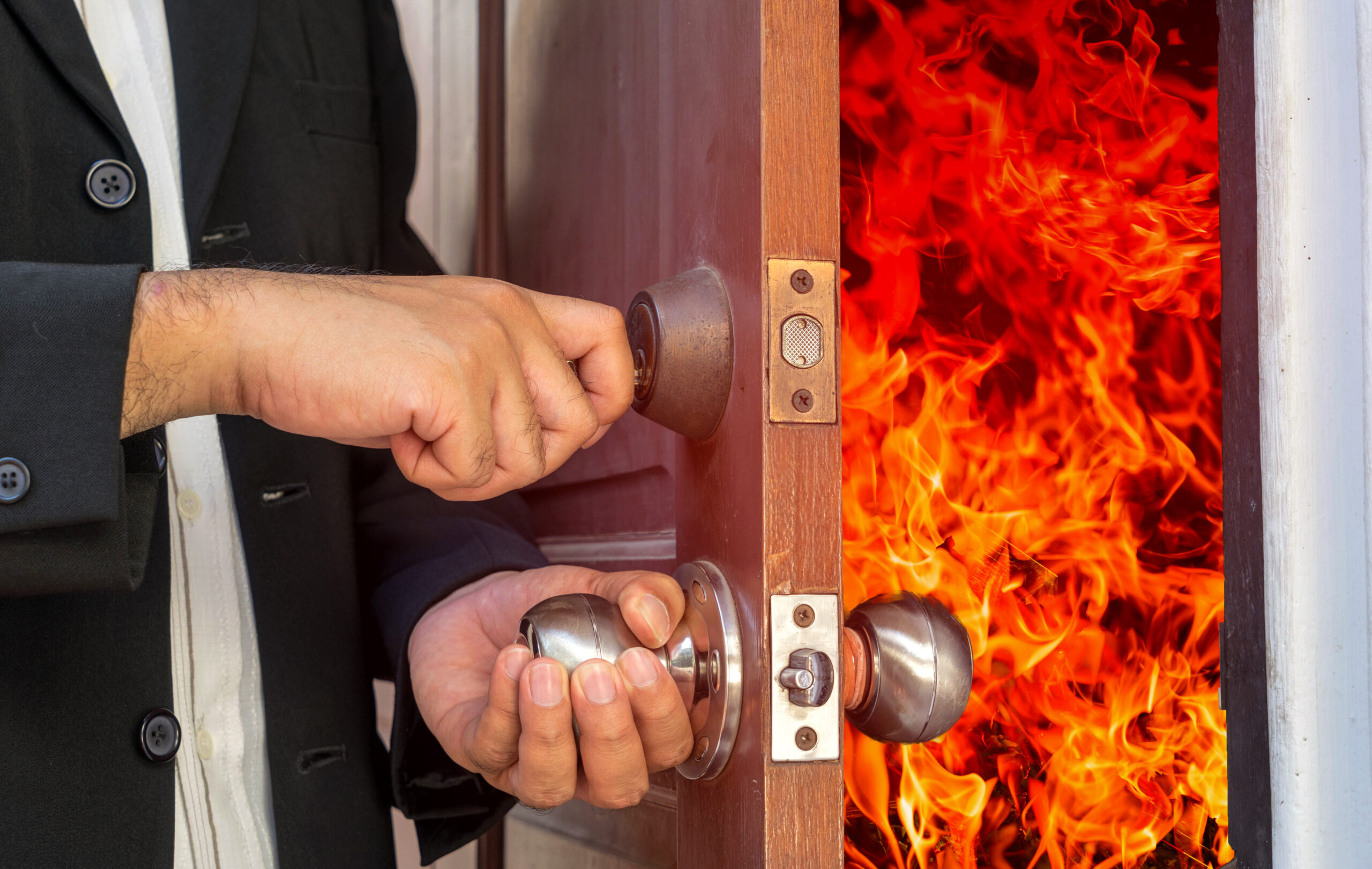The Construction Index has reported shocking data from the Fire Door Inspection Scheme (FDIS) which reveals that 75% of fire doors inspected in the UK did not meet the required standard and 31% were never fit for purpose.
The research was based on more than 100,000 fire door inspections carried out by FDIS approved inspectors. Furthermore, it was found that healthcare buildings, local authorities and housing associations were the biggest failures.
A number of reasons were found for inspection failure. Common reasons included:
- Excessive gaps between the door and the frame
- Care and maintenance issues
- Issues over smoke sealing
- Improper installation
An FDIS representative commented:
“It’s crucial that reputable and trained fire door inspectors, such as those approved by the FDIS, carry out fire door inspections. However, the ongoing reporting of maintenance issues with fire doors is a role for us all – every building user should play a proactive role in reporting any faults to ensure they are quickly addressed so that the building’s safety is maintained.”
Fire Doors are an essential element in the passive fire protection of buildings. Are you clear on the correct specification, installation and maintenance of Fire Doors and their components to ensure that property and lives are protected?
The importance of annual Fire Door Surveys continues to increase, as does the need for regular reviews. We have now automated the process using our innovative tablet technology. When Tetra consultants complete a FD Survey, an automated audit trail will be created for every fire door, including all communal doors, flat front doors for residential blocks and all risers. We also provide a comprehensive review of every door which includes clear photos and reporting on any issues, together with a comprehensive summary of all the remedial actions.
If you would like to learn more about fire doors and fire door surveys click here to download our free guidance document.






